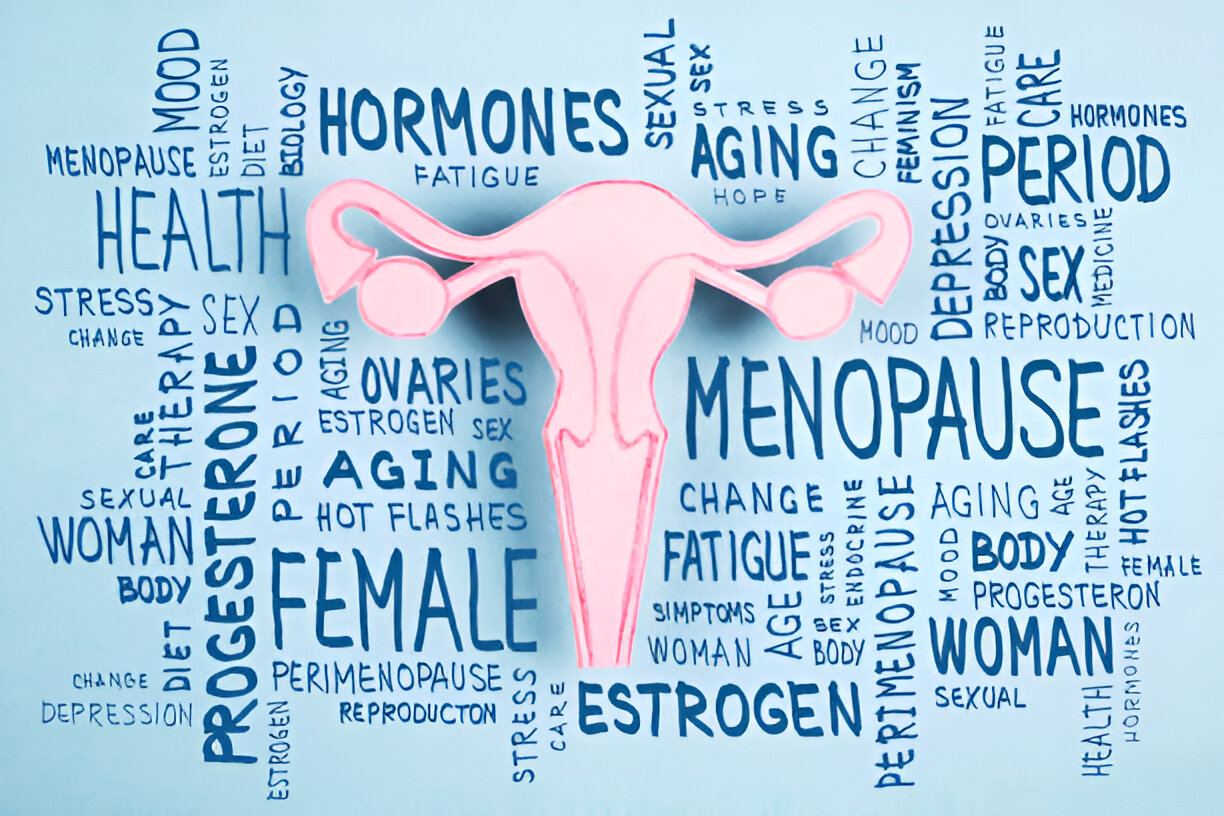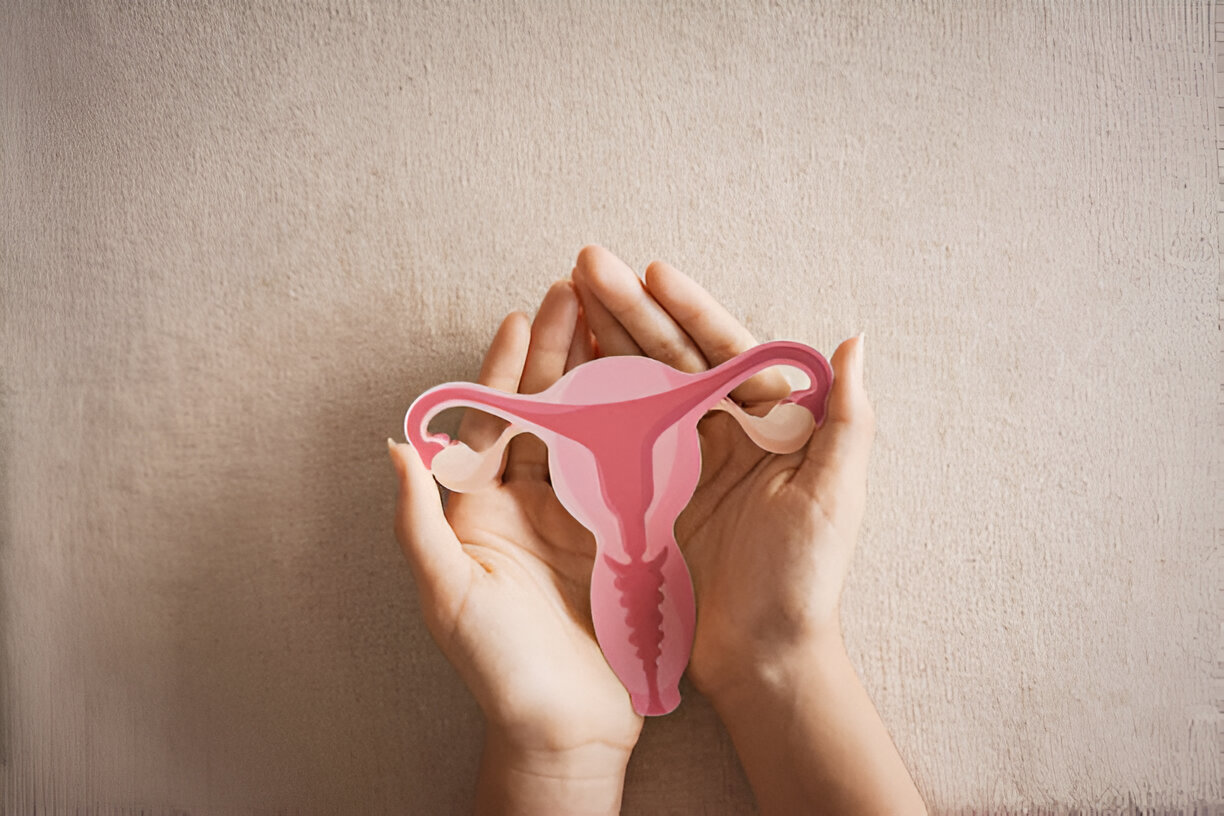Perimenopause, the precursor to menopause, is a phase that many women approach with a mix of curiosity and apprehension. Understanding the early signs and symptoms of perimenopause can help you prepare for this transition and manage your health more effectively. At Peak Wellness Lounge in Woodland Park, CO, we are committed to providing you with the knowledge and support you need during this significant life stage.
What is Perimenopause?
Perimenopause, often referred to as the menopausal transition, is the period during which a woman’s body begins to transition toward menopause. This phase can start several years before menopause, typically in a woman’s 40s but sometimes as early as the mid-30s. During perimenopause, the ovaries gradually produce less estrogen, leading to a variety of physical and emotional symptoms.
Understanding Hormonal Changes
Hormonal fluctuations are at the heart of perimenopausal symptoms. Estrogen and progesterone levels can vary significantly, leading to irregular menstrual cycles and other changes in the body. Understanding these hormonal shifts is crucial to recognizing and managing the symptoms of perimenopause.
Common Early Signs of Perimenopause
Identifying the early signs of perimenopause can help you take proactive steps to manage your health. Here are some of the most common early symptoms:
1. Irregular Periods
One of the hallmark signs of perimenopause is changes in menstrual cycle patterns. Periods may become shorter, longer, heavier, or lighter, and the interval between periods can vary widely.
Causes of Irregular Periods
- Hormonal Imbalance: Fluctuating levels of estrogen and progesterone.
- Anovulation: Occasional cycles where an egg is not released.
2. Hot Flashes and Night Sweats
Hot flashes are sudden feelings of intense heat, often accompanied by sweating and a rapid heartbeat. Night sweats are hot flashes that occur during sleep and can disrupt your rest.
Managing Hot Flashes and Night Sweats
- Lifestyle Changes: Dressing in layers, using fans, and keeping the bedroom cool.
- Dietary Adjustments: Avoiding spicy foods, caffeine, and alcohol.
- Stress Reduction: Practicing relaxation techniques like yoga and meditation.
3. Sleep Disturbances
Many women experience changes in their sleep patterns during perimenopause. Insomnia, difficulty falling asleep, and waking up frequently during the night are common issues.
Tips for Better Sleep
- Establish a Routine: Go to bed and wake up at the same time every day.
- Create a Sleep-Friendly Environment: Keep the bedroom dark, quiet, and cool.
- Avoid Stimulants: Limit caffeine and electronics before bedtime.
4. Mood Changes
Perimenopause can bring about significant mood swings, irritability, anxiety, and even depression. These emotional changes are often linked to hormonal fluctuations.
Coping with Mood Changes
- Physical Activity: Regular exercise can help boost mood and reduce stress.
- Healthy Diet: Eating a balanced diet rich in omega-3 fatty acids and antioxidants.
- Support Systems: Seeking support from friends, family, or a therapist.
5. Weight Gain
Changes in metabolism during perimenopause can lead to weight gain, especially around the abdomen. This is often due to hormonal shifts and changes in activity levels.
Strategies for Managing Weight
- Regular Exercise: Incorporate both aerobic and strength-training exercises.
- Healthy Eating: Focus on whole foods, lean proteins, and plenty of fruits and vegetables.
- Portion Control: Be mindful of portion sizes and avoid overeating.
6. Decreased Libido
A decrease in sexual desire is a common symptom of perimenopause. This can be due to hormonal changes, as well as other symptoms like vaginal dryness and mood swings.
Enhancing Sexual Health
- Open Communication: Discussing concerns with your partner.
- Lubricants and Moisturizers: Using products designed to reduce vaginal dryness.
- Hormone Therapy: Considering hormone therapy to balance hormone levels.
7. Vaginal Dryness and Discomfort
Thinning and drying of the vaginal walls can cause discomfort, itching, and pain during intercourse. This is due to decreased estrogen levels.
Alleviating Vaginal Discomfort
- Topical Treatments: Using vaginal moisturizers and lubricants.
- Hydration: Staying well-hydrated.
- Hormonal Treatments: Exploring options like estrogen creams or hormone therapy.
8. Changes in Hair and Skin
Hormonal changes can affect your hair and skin, leading to thinning hair, dryness, and changes in texture.
Maintaining Healthy Hair and Skin
- Skincare Routine: Using gentle, hydrating skincare products.
- Hair Care: Avoiding harsh chemicals and heat styling.
- Nutrition: Eating a diet rich in vitamins and minerals that support skin and hair health.
9. Memory and Concentration Issues
Some women report experiencing “brain fog,” characterized by memory lapses and difficulty concentrating.
Improving Cognitive Function
- Mental Stimulation: Engaging in activities that challenge the brain, such as puzzles and reading.
- Physical Activity: Regular exercise to promote blood flow to the brain.
- Adequate Sleep: Ensuring you get enough rest.
Managing Perimenopausal Symptoms
Recognizing the early signs of perimenopause is the first step toward effective management. There are several approaches to managing symptoms and improving your quality of life during this transition.
Hormone Therapy
Hormone therapy (HT) can be highly effective in managing perimenopausal symptoms by supplementing the body with estrogen and sometimes progesterone.
Benefits of Hormone Therapy
- Reduces Hot Flashes and Night Sweats: Significantly alleviates these common symptoms.
- Improves Vaginal Health: Reduces dryness and discomfort.
- Enhances Mood and Sleep: Helps stabilize mood swings and improve sleep quality.
Natural Remedies
For those who prefer non-hormonal options, natural remedies can also provide relief.
Herbal Supplements
- Black Cohosh: Commonly used to reduce hot flashes.
- Red Clover: Contains isoflavones that may help with symptoms.
- Evening Primrose Oil: Used for managing mood swings and hot flashes.
Lifestyle Modifications
- Healthy Diet: Eating a balanced diet rich in phytoestrogens, calcium, and vitamin D.
- Regular Exercise: Helps manage weight, improve mood, and support overall health.
- Stress Management: Techniques such as yoga, meditation, and deep breathing.
Professional Support
Seeking professional guidance can make a significant difference in managing perimenopausal symptoms.
Consulting with Experts
- Healthcare Providers: Regular check-ups to monitor health and discuss treatment options.
- Therapists: Professional counseling to address emotional and psychological symptoms.
Conclusion: Embracing the Perimenopausal Transition
Perimenopause is a natural and inevitable stage of life that brings a range of physical and emotional changes. By understanding the early signs and symptoms, you can take proactive steps to manage your health and well-being. At Peak Wellness Lounge in Woodland Park, CO, we are here to support you through this transition with personalized care and expert guidance.
Embrace the perimenopausal journey with confidence, knowing that you have the resources and support to navigate this phase of life effectively. Whether through hormone therapy, natural remedies, or lifestyle changes, there are many ways to manage symptoms and maintain a high quality of life. Reach out to Peak Wellness Lounge today to learn more about how we can help you thrive during perimenopause.
Linda Cecere, NP, DNP brings over 20 years of experience in holistic healing, from massage therapy and maternal care to leading global medical missions and earning her Doctor of Nursing Practice. She specializes in hormone health for men and women, medical weight loss, and functional medicine.




